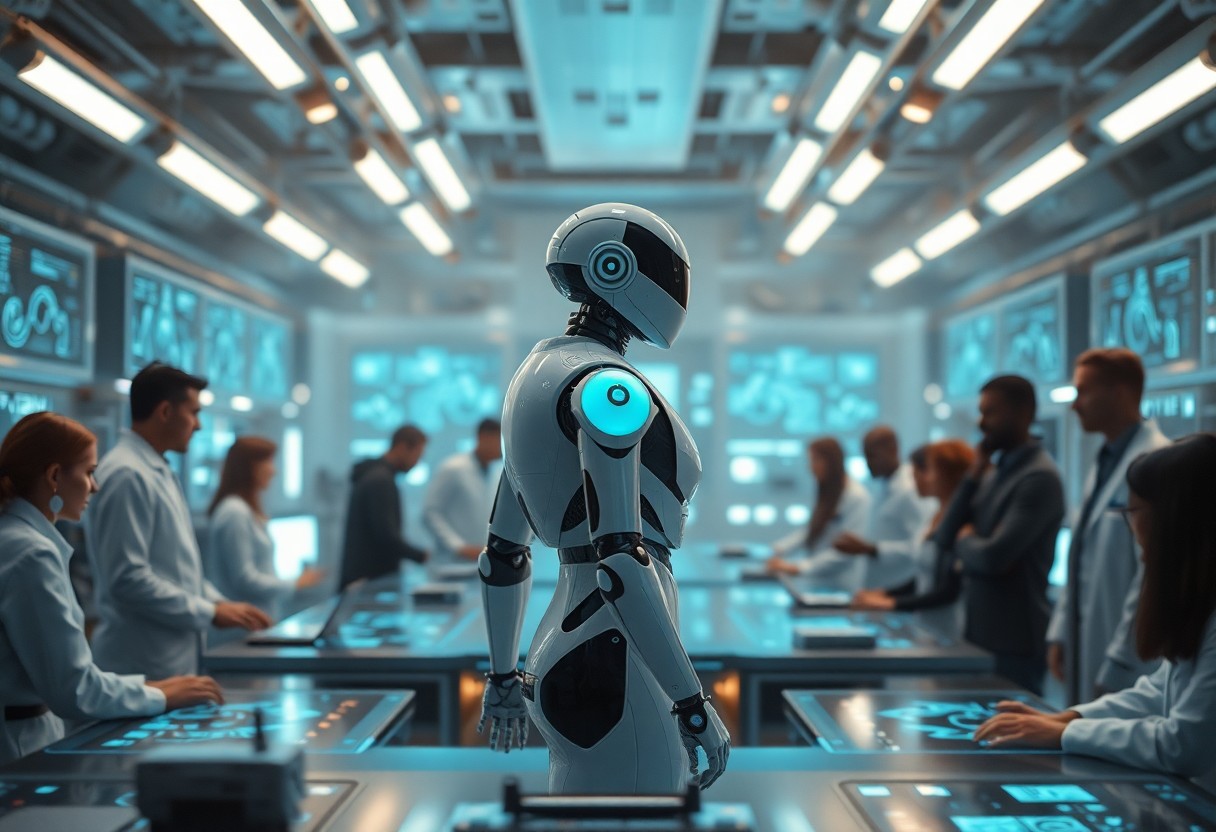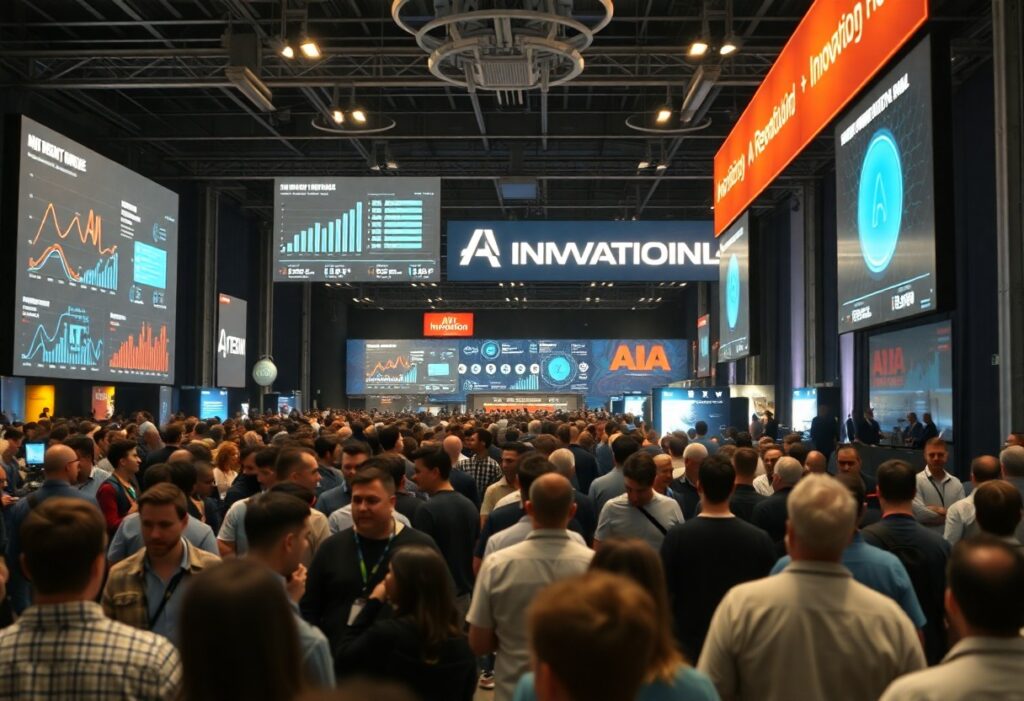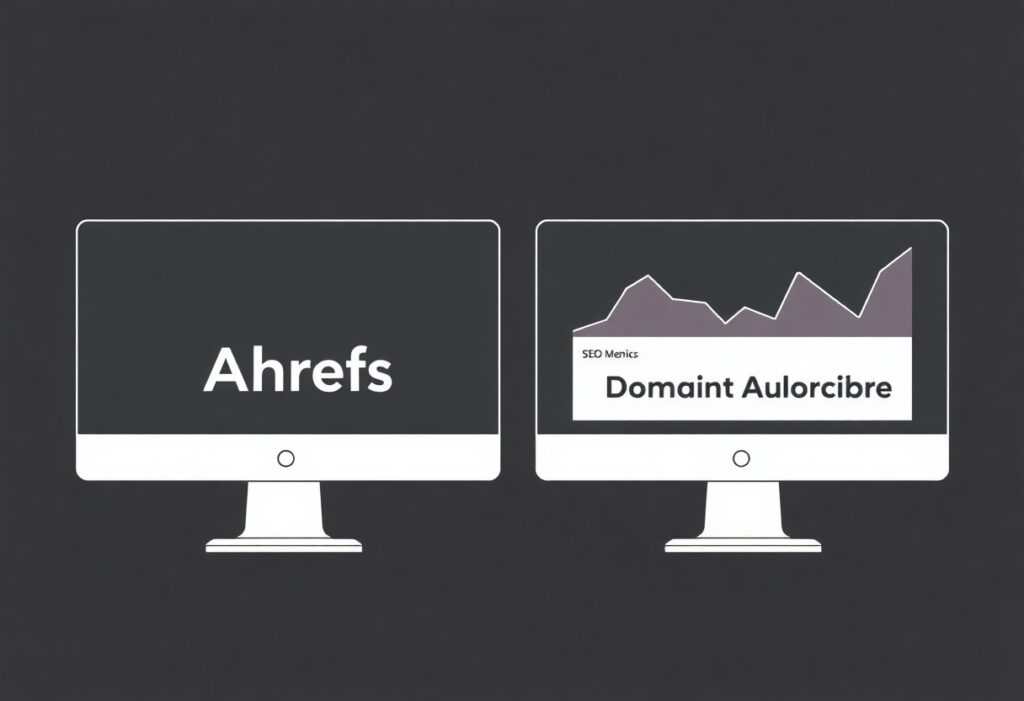Many people are curious about What Is Agentic AI and its implications for your life. Agentic AI refers to artificial intelligence systems that can operate autonomously, making decisions based on their own understanding and learning. Instead of simply following commands, these systems assess situations and act with a degree of independence. As you explore this topic, it is important to recognize both the positive and dangerous aspects this could have on humanity. On one hand, it can enhance productivity and create innovative solutions. On the other, it raises concerns about ethics and control, demanding your attention to its development. Transitioning to a world where these intelligent systems play significant roles requires consideration of their potential impact on society.
Understanding What Is Agentic AI?
Definition of Agentic AI
Any system that demonstrates the ability to make independent decisions and act upon them is referred to as Agentic AI. This type of artificial intelligence doesn’t merely follow algorithms; instead, it exhibits behaviors that resemble human agency.
Historical Context and Evolution
About the development of Agentic AI, it has roots that trace back to early attempts at automating human-like reasoning and decision-making skills. Over decades of research, the complexity and sophistication of these systems have significantly advanced.
This evolution journey reflects a growing desire to create machines that not only respond to commands but also understand context and adapt to scenarios. With advancements in machine learning and neural networks, Agentic AI has become capable of solving intricate problems that were previously out of reach.
Key Characteristics of Agentic AI
About Agentic AI, it is characterized by its adaptability, autonomy, and learning capabilities. These systems are designed to manage tasks independently while improving their performance over time.
Historical benchmarks of Agentic AI demonstrate significant breakthroughs in fields like natural language processing and robotics. Such features allow the AI to not only execute commands but also understand intent, enabling it to provide more effective solutions.
Distinction from Non-Agentic AI
Around the concept of Agentic AI, the key distinction from non-agentic AI lies in the decision-making process. Non-agentic AI performs predefined tasks without any personal insight or understanding, whereas Agentic AI mimics human-like reasoning.
Evolution in AI models has allowed developers to create programs that can analyze beyond basic data patterns. This makes them more aligned with human values and social context, enhancing their ability to contribute positively to various industries and fields.

Core Components of Agentic AI
There’s a growing interest in the concept of Agentic AI, particularly regarding its core components. Understanding these elements sheds light on how these systems operate effectively in various contexts. You can explore more about AI Agents vs Agentic AI: What’s the Difference and Why … to gain additional insight.
Autonomy and Decision-Making: What Is Agentic AI?
Decision-making forms the heart of Agentic AI. These systems are designed to operate autonomously, making informed choices based on data inputs. This autonomy enables them to respond swiftly to changing scenarios without requiring your continuous oversight.
Learning and Adaptation
Adaptation is necessary for Agentic AI systems as they improve through experience. These systems analyze their past decisions, incorporating outcomes to enhance future decision-making capabilities.
Indeed, the power of Agentic AI lies in its ability to continually refine its processes. As it encounters new data, these systems adapt and evolve, enabling them to stay relevant and effective in a rapidly changing environment. By embracing learning and adaptation, Agentic AI can better align with your expectations and needs.
Interaction with Human Users
On the front of interaction, Agentic AI excels in communicating with you. These systems are built to understand human cues and facilitate seamless dialogues, creating a more natural experience.
With enhanced interaction capabilities, Agentic AI fosters collaboration between you and the system. This synergy promotes better outcomes, enhancing your decision-making processes while providing meaningful assistance in your tasks.
Ethical Considerations
Users should be aware of the ethical implications surrounding Agentic AI. These systems raise potential concerns regarding privacy, accountability, and bias in decision-making processes.
To ensure responsible use of Agentic AI, continuous ethical evaluations are vital. You must consider the impacts of these systems on society and prioritize transparency and fairness. By doing so, you can help mitigate risks while maximizing the benefits of this transformative technology.

Applications of Agentic AI
Now that you understand What Is Agentic AI, it’s imperative to explore its diverse applications across various industries. Agentic AI enhances efficiency, innovation, and decision-making capabilities, making it a powerful tool in your professional toolkit. For a deeper dive, check out this resource.
Healthcare and Medical Diagnostics
After implementing agentic AI in healthcare, you witness improved medical diagnostics and personalized treatment plans. This technology can analyze patient data rapidly, identifying trends and outcomes that human practitioners might overlook.
Finance and Investment
Finance professionals have started utilizing agentic AI for data-driven investment strategies. By processing vast datasets rapidly, it helps in making informed decisions to maximize returns.
Applications of agentic AI in finance enhance risk assessment and portfolio optimization. You can expect increased accuracy in predictions, which allows you to confidently adjust investment strategies. Furthermore, it can monitor market trends in real-time, enabling quick response to changes.
Autonomous Vehicles
With agentic AI, autonomous vehicles are becoming increasingly reliable and efficient. This technology makes split-second decisions that enhance passenger safety on the road.
Consequently, autonomous vehicles leveraging agentic AI can significantly reduce accident rates. You can trust these systems to navigate complex environments, making travel not only safer but more convenient. As this technology develops, expect to see a transformation in personal and commercial transportation.
Customer Service Automation
About customer service, agentic AI can streamline interactions and reduce wait times. Through automated systems, you gain timely responses to inquiries, improving overall customer satisfaction.
Understanding the potential of agentic AI in customer service helps you create a more responsive business model. By assisting with repetitive tasks, your team can focus on complex issues, enhancing productivity and customer engagement.
Challenges and Limitations
Despite the potential of What Is Agentic AI, its development faces numerous challenges and limitations that can hinder its integration into society.
Technical Challenges in Development
Technical hurdles persist as researchers strive to create algorithms that ensure effective decision-making. Developing reliable models requires extensive data, robust computing power, and a deep understanding of the intricacies of human behavior.
Ethical and Moral Dilemmas
With the rise of agentic AI, ethical and moral dilemmas emerge, provoking debates about accountability and decision-making autonomy.
Consequently, the potential for agentic AI to make decisions that significantly impact lives raises critical questions. Should machines outweigh human judgment? Who is responsible when mistakes occur? These questions challenge you to think about the ethical implications of allowing AI systems to function autonomously.
Public Perception and Acceptance
Any new technology, particularly agentic AI, faces skepticism from the public. Concerns about job loss, privacy, and safety create barriers to acceptance.
A significant concern is how public perception of agentic AI can shape its development and use. Misinformation can skew reality, making it necessary for you to critically evaluate the benefits and risks associated with these technologies.
Regulation and Compliance Issues
Development of agentic AI also faces challenges in regulation and compliance. Establishing guidelines that ensure safety and fairness is necessary.
Ethical considerations must play a significant role in regulation. Governments must craft policies that not only foster innovation but also protect you and other citizens from potential abuses of power in agentic AI applications. Thoughtful regulation will require collaboration between tech developers and policymakers to create a balanced framework.
Future Trends in Agentic AI
Once again, as you explore the question of What Is Agentic AI, it’s vital to consider the future trends shaping its evolution. Agentic AI is becoming more sophisticated, leading to significant advancements in technology.
Advancements in Technology
Around the world, AI systems are rapidly evolving. Improved algorithms and machine learning techniques enable better decision-making and increasing autonomy. This transformation can potentially revolutionize industries.
Integration with Other Technologies
After examining Agentic AI, it’s imperative to understand how it integrates with other groundbreaking technologies. This integration promises to enhance capabilities across various sectors, creating a more interconnected technological landscape.
Even as these technologies converge, the complexity of systems increases. For instance, merging agentic AI with IoT (Internet of Things) devices may lead to unprecedented efficiencies. When combined, these technologies can optimize processes and personalize user interactions, but they also raise questions about security and data privacy.
Potential Impact on Workforce Dynamics
Around you, experts predict significant shifts in workforce dynamics due to Agentic AI. Its ability to automate tasks can lead to job displacement while creating new opportunities in tech-related fields.
The transformation is not merely about job loss. Many roles will evolve, requiring you to adapt and embrace reskilling. This shift could drive demand for human-AI collaboration, where your creativity and emotional intelligence become more valuable.
Innovations in Ethical Frameworks
Any discussion on What Is Agentic AI must include the development of ethical frameworks. Innovations in this area are imperative to ensure responsible use of AI technologies.
Indeed, as Agentic AI becomes more prevalent, establishing guidelines for transparency and accountability grows paramount. You will likely witness ongoing conversations about balancing innovation with ethical considerations. This is vital for gaining public trust while fostering a safe technological future.

Case Studies
For those exploring What Is Agentic AI, understanding real-world applications can illuminate its potential and challenges. Here are compelling case studies showcasing the implementation of Agentic AI:
- IBM Watson: In healthcare, IBM Watson has assisted doctors in diagnosing diseases accurately, yielding a 30% improvement in patient outcomes through analytic AI capabilities.
- Autonomous Vehicles: Companies like Waymo have reported a 35% reduction in road accidents due to features powered by Agentic AI.
- Chatbots in Customer Service: Businesses utilizing AI chatbots experienced a 40% increase in customer satisfaction and a 25% reduction in operational costs.
- Predictive Maintenance: Manufacturing companies leveraging Agentic AI saw a 20% decrease in equipment downtime.
Successful Implementations of Agentic AI
After analyzing various successful implementations, you can see significant improvements in efficiency and accuracy in sectors like healthcare and automotive. Businesses utilizing Agentic AI have reported enhanced decision-making processes, leading to increased profitability and consumer satisfaction.
Lessons Learned from Failures
Learned from cases where companies attempted to implement Agentic AI without clear objectives, organizations faced setbacks. Often, a lack of clear data integration strategies and insufficient staff training led to disappointing results.
The lessons are valuable: define your goals and ensure your team has a thorough understanding of Agentic AI’s capabilities to prevent failure in future projects.
Comparative Analysis of Different Industries
Around your exploration of What Is Agentic AI, it’s vital to understand how different industries adapt their approaches uniquely. Here’s a comparative analysis:
| Industry | Implementation Focus |
|---|---|
| Healthcare | Patient diagnosis and treatment optimization |
| Automotive | Self-driving technology and safety enhancement |
| Finance | Fraud detection and risk assessment |
| Retail | Personalized customer experiences |
At this juncture, by comparing the varied applications of Agentic AI, you can gain further insights into the common struggles and successes within each industry.
Future Predictions from Case Studies
Along the journey of studying cases, future predictions reveal a massive expansion in the use of Agentic AI across sectors. Analysts forecast that by 2030, businesses focusing on AI will see a 50% increase in efficiency rates.
- Healthcare Revolution: Hospitals incorporating AI tools project a 40% reduction in operational costs.
- Automotive Leap: Projections indicate autonomous vehicle sales will reach $600 billion in the next decade.
- Retail Evolution: AI-driven personalization could lead to a 25% increase in sales.
Moreover, the study of upcoming trends indicates that adaptive skills and ethical guidelines will become imperative in ensuring future success for businesses embracing Agentic AI.
Conclusion
Now that you understand what is Agentic AI, you can appreciate its potential in transforming industries and enhancing intelligent decision-making. As you research deeper into this fascinating field, you’ll discover how Agentic AI empowers you and other individuals by personalizing experiences, improving efficiency, and fostering innovation. This technology leverages data to create autonomous systems that adapt and make decisions. Moreover, its role in shaping the future cannot be overstated. Therefore, exploring what is Agentic AI will equip you with the knowledge to harness its power and apply it effectively in your endeavors.
What Is Agentic AI? – Frequently Asked Questions
Q: What Is Agentic AI and how does it work?
A: What Is Agentic AI refers to a type of artificial intelligence that operates autonomously. It makes decisions independently, using algorithms and data. For instance, Agentic AI can analyze large datasets and propose solutions without human intervention. This level of independence allows for faster decision-making in various applications.
Q: In which industries is Agentic AI being utilized?
A: Agentic AI is gaining traction across several industries. For example, in finance, it aids in risk assessment and fraud detection. In healthcare, it supports diagnosis and personalized treatment plans. Additionally, the manufacturing sector employs Agentic AI for automation, enhancing efficiency and reducing costs. Essentially, wherever data-driven decisions are vital, you will find the application of Agentic AI.
Q: What are the ethical concerns surrounding Agentic AI?
A: As we explore What Is Agentic AI, ethical concerns must be considered. Primarily, the potential for bias in decision-making raises questions about fairness. Moreover, the lack of transparency can lead to distrust among users. There are also worries about job displacement due to automation. Thus, it’s important to implement safeguards and regulations as we continue to develop Agentic AI.

Sign Up for Free!
One-Click Fully Automated SEO.
Boost Rankings, and Increase Traffic.
Instantly Optimize Your Site.
- No Coding
- No Credit Card Required
- One Click Setup













